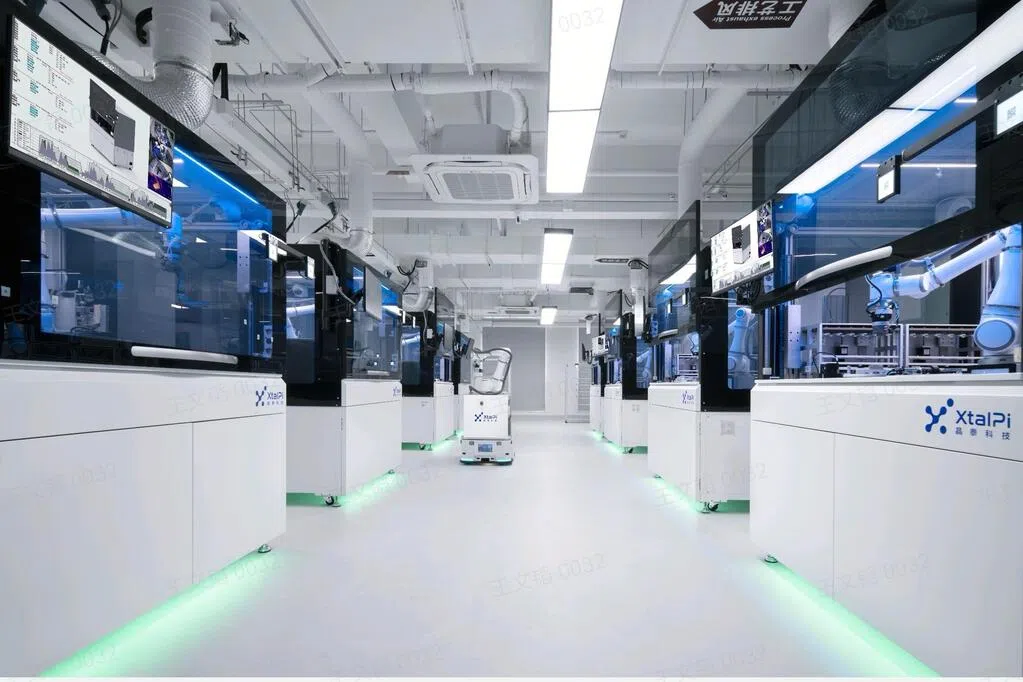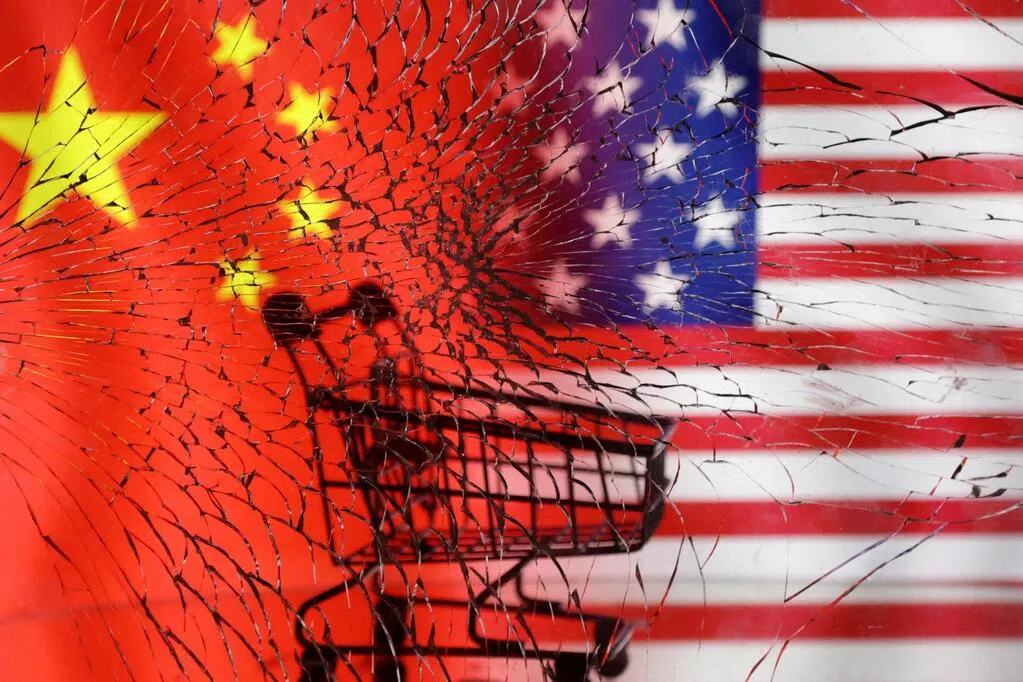(Bloomberg, Charlottesville) The U.S.-China Economic and Security Review Commission has warned that the U.S. pharmaceutical supply chain's increasing reliance on China, coupled with restrictions similar to those imposed by China on pharmaceutical ingredients (such as rare earth exports), would be tantamount to placing American health under the control of an enemy nation.
A report released Tuesday (November 18) by the Commission states that approximately one-quarter of generic drugs used by Americans rely on key ingredients from China. These inexpensive generic drugs account for about 90% of all medications used by Americans. Some of these ingredients, such as those used in anticoagulants, antibiotics, and cancer treatments, are even produced exclusively in China.
The Commission warns that if China were to impose restrictions on these pharmaceutical ingredients similar to those it recently imposed on rare earth minerals, "it could have serious consequences for the U.S. healthcare system, potentially causing loss of life due to supply chain disruptions and forcing hospitals to make difficult choices in the face of shortages."
The U.S.-China Economic and Security Review Commission was established by the U.S. Congress in 2000 specifically to examine the potential impact of U.S.-China relations on U.S. national security.
Leland Miller, a member of the review committee, told Bloomberg that one of the biggest alarming findings from the committee's investigation into the pharmaceutical supply chain was the inability to fully assess the extent of China's role in the U.S. drug supply.
Further Reading


Miller stated, "We can't formulate good policies because we haven't been able to determine the extent of the vulnerability in drug supplies, and this is because we can't find the data, because the government doesn't have the authority to collect data."
Since the U.S. Food and Drug Administration (FDA) does not collect data on the basic ingredients of drugs, the committee could only speculate on the extent of China's influence. It therefore recommended that Congress enact legislation requiring pharmaceutical companies to disclose relevant data to the FDA.
Advanced Medicines and Synthetic Biology: China Holds a Leading Position
The committee's report points out that in addition to its dominance in generic drugs, China is also seeking the same leading position in the production of innovative medical drugs. China's economic incentives and relatively relaxed regulatory environment make it a key development partner for global branded pharmaceutical companies, especially in the "cheap, fast early-stage exploration phase."
Furthermore, the committee's report also points out that China is also gaining a leading position in so-called "synthetic biology." Synthetic biology is an emerging technology that combines bioscience, engineering, and information technology to artificially create biological organisms. Its dominance in this field makes China indispensable in several medical technology areas, from manufacturing amino acids crucial for insulin and antibiotics to developing messenger RNA technology and genetically modified cells. A survey conducted last year by a US biotechnology innovation organization found that 79% of 124 biopharmaceutical companies had R&D and manufacturing partners in China, but most lacked sufficient funds to produce drugs in the US. FDA Commissioner Martin Makary revealed to industry players last month that the agency intends to reduce millions of dollars in review fees to encourage early-stage research in the US, rather than China.
While the Trump administration has secured commitments from some large pharmaceutical companies to set up factories in the US, this does not include generic drug manufacturers lacking substantial funding. Recent White House cuts and restrictions on R&D funding for US universities will also impact US efforts to reduce reliance on China.



